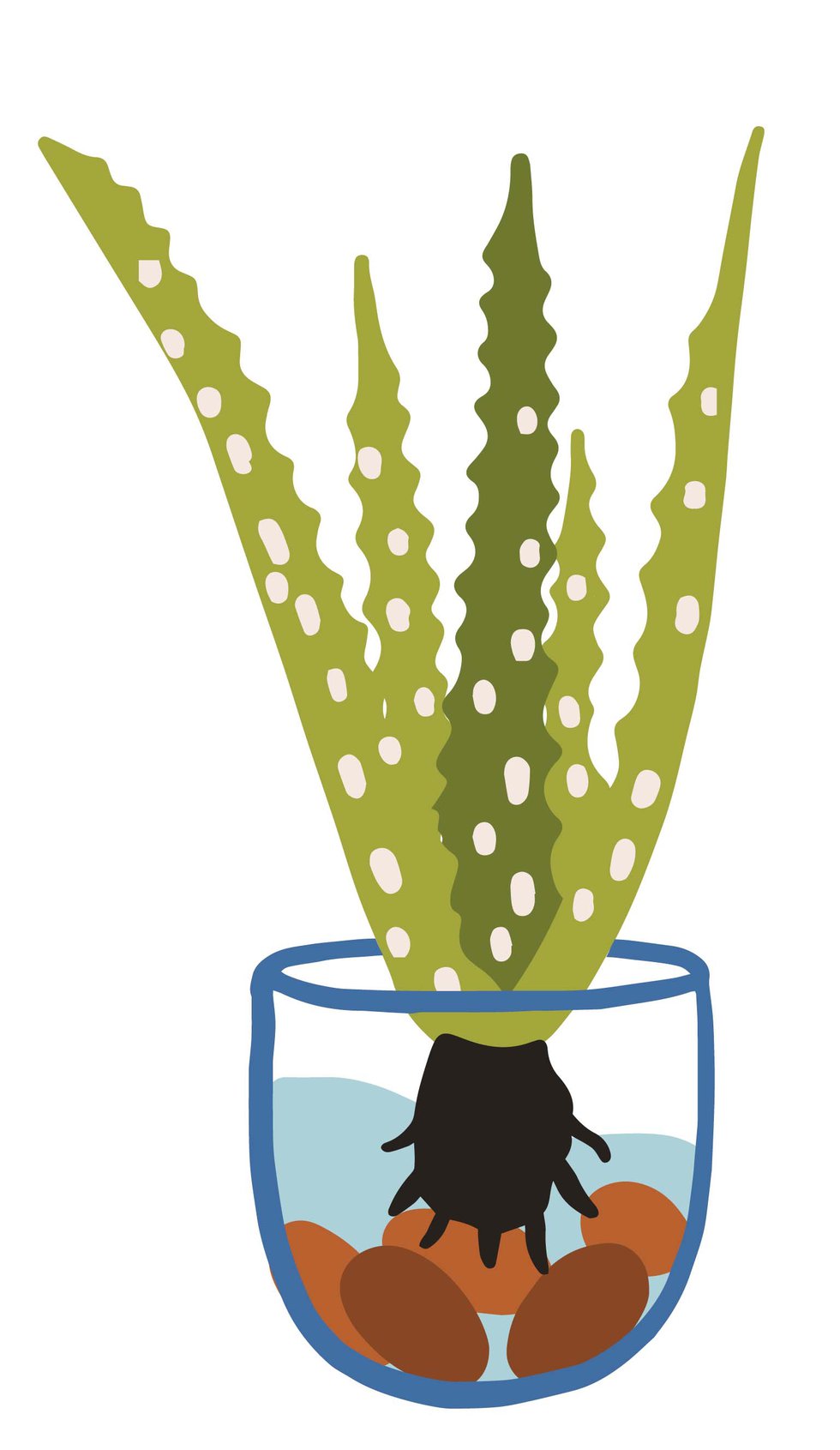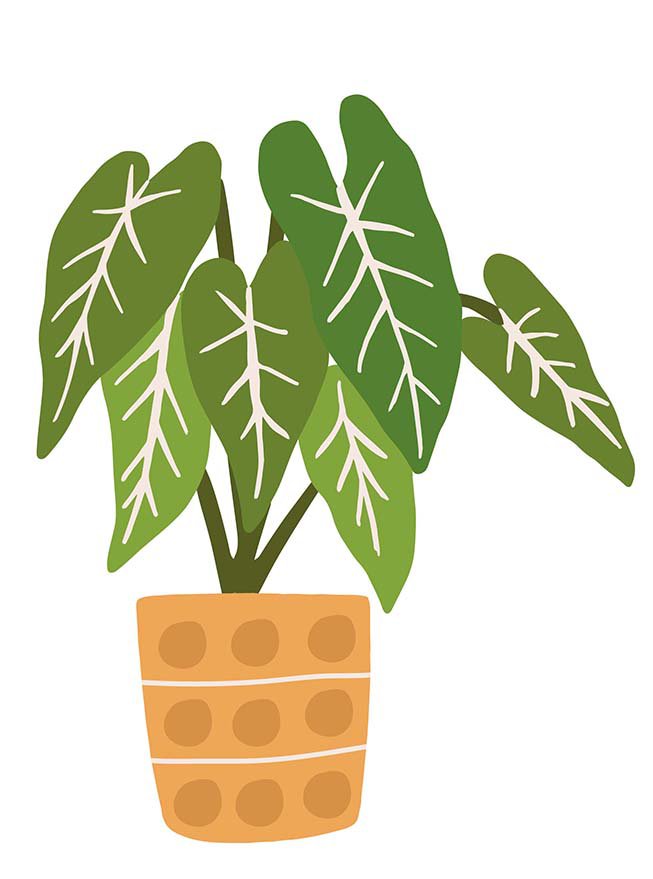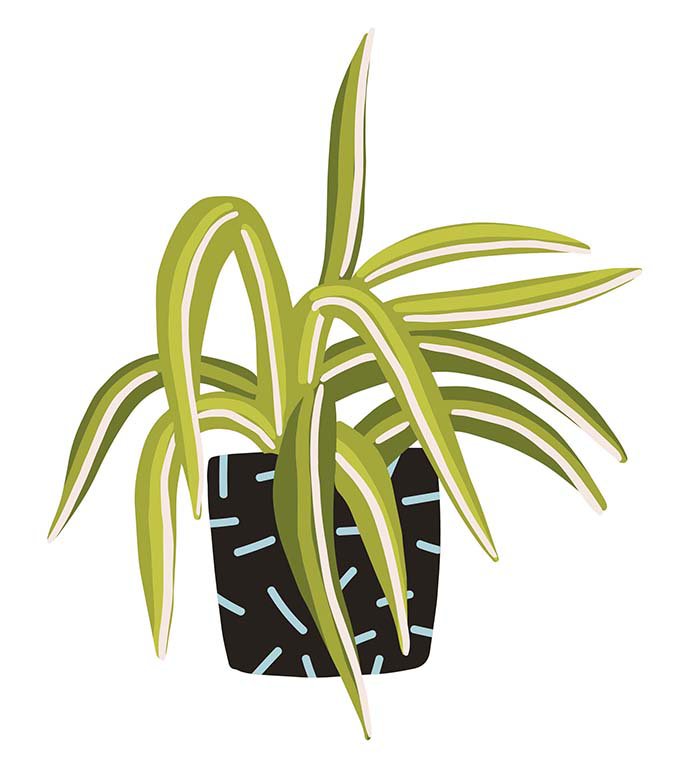Calling all plants moms and dads! Did you know that your green babies could be doing more than just sprucing up your house’s aesthetic? House plants can have a number of health benefits including improving mental health, boosting air quality, and more. According to a study published in the Journal of Physiological Anthropology, the presence of indoor plants may help reduce both psychological and physiological stress. Not sure what plant is best for you? Check out our list below to help you decide—we even have some suggestions for those of you lacking that green thumb.
Snake Plants
If you’re looking to make your first go at being a new plant parent and are worried you don’t have what it takes, then a snake plant could be the perfect place to start. The snake plant can live in partial sunlight or even complete shade allowing you to place them wherever is most convenient within your home or office. Prone to forgetting to water? Great news as these durable plants can thrive on very infrequent watering. According to a number of studies, snake plants can help convert CO2 into oxygen as well as absorb cancer-causing air impurities.
Aloe Plant
Many people associate aloe with the go-to sunburn reliever, but did you know aloe is one of the most commonly used ingredients in a number of anti-aging, acne prevention, and daily skin care products? In a 2013 JPMA study, it was found that aloe can help speed the recovery time of minor wounds and burns through topical treatment. Oral consumption of aloe has also been found to have a number of oral health benefits, but we suggest you consult your doctor before consuming.
Rubber Tree
Some people avoid household plants because they believe the common misconception that they can breed mold and mildew; however, this only happens if the soil is overwatered. In fact, plants like the rubber plant have actually evolved to fight off such contaminants. Rubber plants can help remove bacteria and mold from the air and soil.
Spider Plant
This low-maintenance beauty is the perfect hanging plant as it likes to sprawl out. They even tend to produce babies that can then be harvested in something as simple as a solo cup of water and replanted to flourish as a second plant. According to a NASA study, spider plants can help increase a room’s humidity while also removing toxins like carbon monoxide and formaldehyde from the air. Good news for those with curious furbabies—the ASPCA has confirmed that spider plants are pet-friendly. Bonus for those lacking a green thumb—spider plants who look like they have one foot in the grave can often be brought back to life with a good watering and a little sunlight.
Choose Your Plants Wisely
While there are a number of benefits to house plants, not all are created equal when it comes to the safety of other living beings in your house. Before expanding your garden, be sure to research the toxicity of certain plants as they relate to furry friends.





